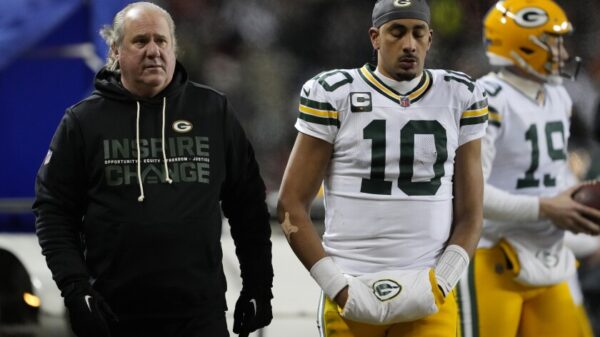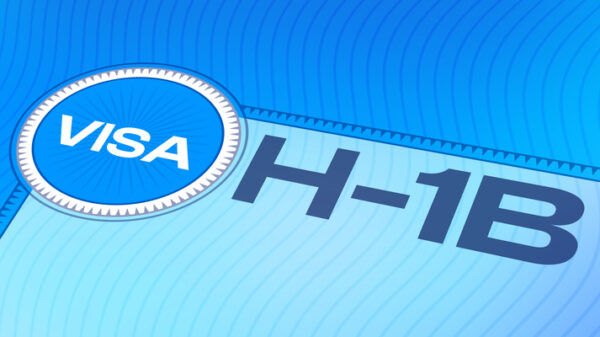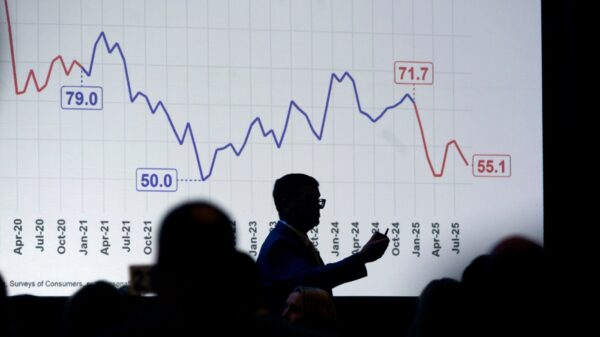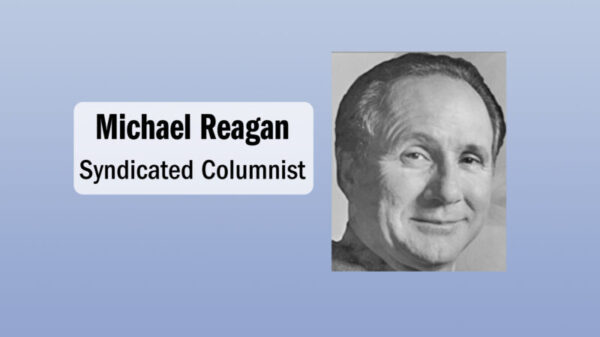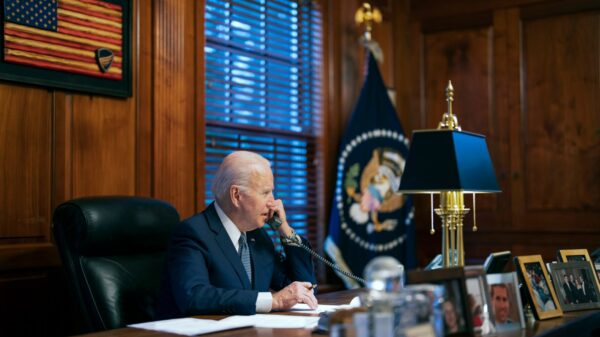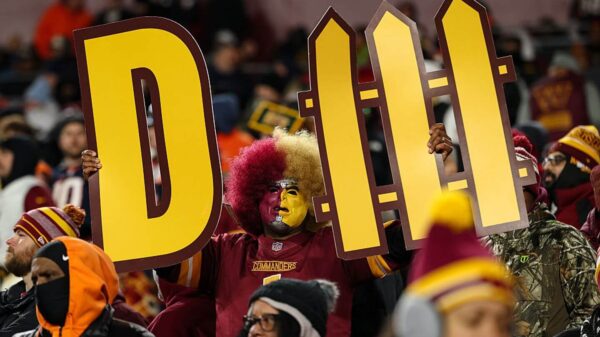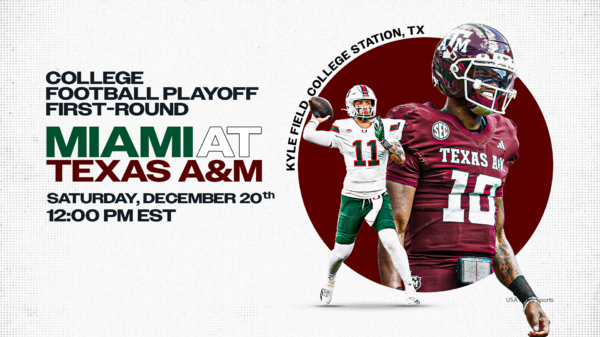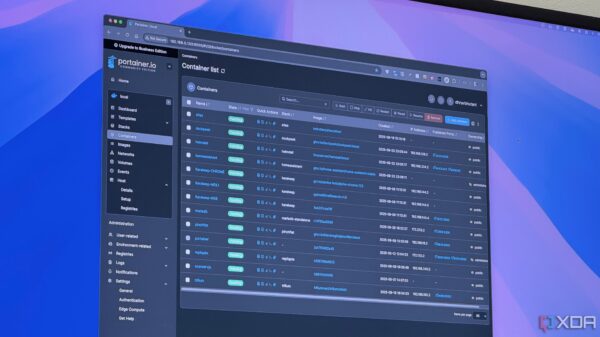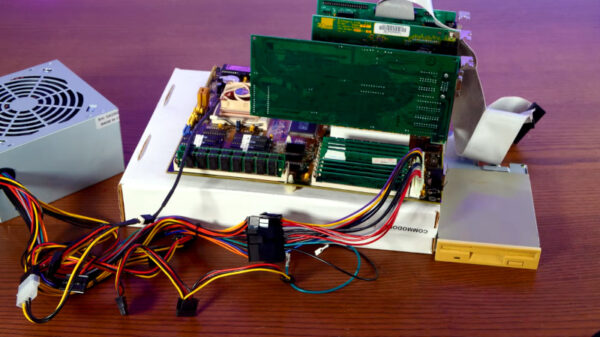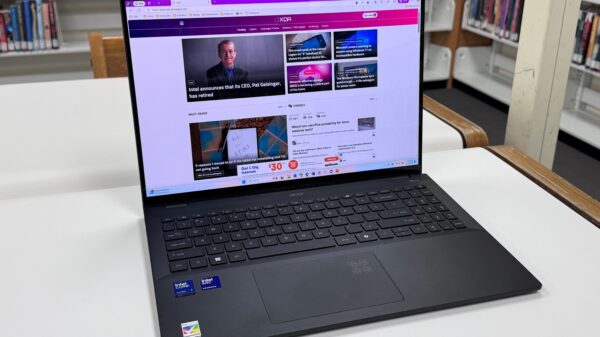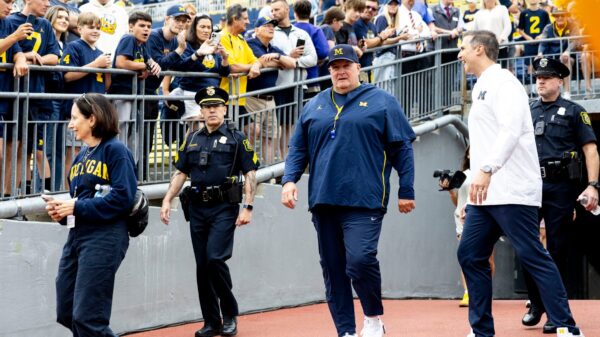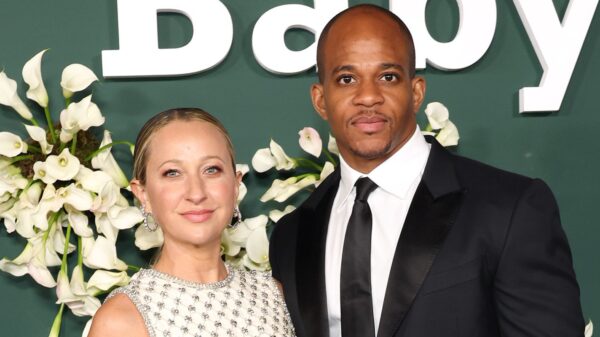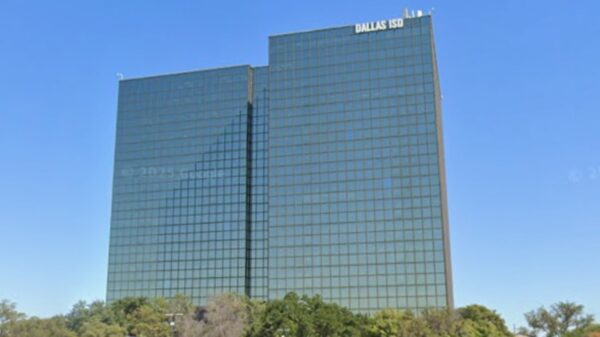U.S. Senator Thom Tillis is poised to play a crucial role in a legislative effort aimed at cutting taxpayer funding for public broadcasting in the United States. This initiative, encapsulated in House Bill HR 4, seeks to withdraw approximately $1.1 billion in federal subsidies allocated to National Public Radio (NPR) and the Public Broadcasting Service (PBS) over the next two years. The funding was initially approved at the request of then-President Joe Biden.
Tillis, who has announced he will not seek re-election, aligns himself with former President Donald Trump, who advocates for rescinding this public funding. Critics assert that NPR and PBS have shifted away from their original purpose, now functioning primarily as platforms that reflect a distinctly left-leaning agenda. According to the Media Research Center (MRC), a significant disparity exists in the language used by PBS reporters, with the term “far right” being used 42 times more frequently than “far left” in the first half of this year.
The senator’s supporters argue that the public broadcasters fail to meet their statutory obligation to maintain “strict adherence to objectivity and balance” in their programming. In recent years, numerous instances have emerged where conservative viewpoints are framed negatively, while liberal perspectives receive favorable coverage. For instance, when Tillis advocates for fiscal restraint, NPR is reported to label it as an “attack on government services.”
In examining the claims made by advocates for public broadcasting, it becomes evident that the necessity for taxpayer-funded media is increasingly questionable. Proponents often argue that farmers require NPR for vital weather updates, a claim that seems outdated in the age of smartphones and real-time weather applications. Additionally, public broadcasters do not operate the nation’s emergency alert system; that responsibility falls to FEMA and other entities, allowing all broadcasters to relay emergency messages effectively.
The assertion that NPR provides valuable local content also merits scrutiny. Data indicates that only 5.4 percent of NPR affiliate content is produced locally, with much of it originating from major urban centers such as New York and San Francisco. In contrast, the rise of digital platforms has expanded access to diverse news sources, making the idea of local programming from public broadcasters less relevant.
Concerns regarding the educational value of PBS programming for children have also gained traction. Many parents now turn to streaming services, YouTube, and other resources that offer a broader range of educational content. Notably, popular shows like Sesame Street have shifted from PBS to platforms like Netflix, further diminishing PBS’s role in children’s education.
Recent studies conducted by the MRC reveal that PBS’s coverage of the Democratic National Convention was overwhelmingly positive, with 88 percent of the coverage rated favorably. In contrast, coverage of the Republican National Convention was 72 percent negative. Furthermore, NPR’s handling of controversial topics, such as the Hunter Biden laptop story, has drawn criticism for perceived bias, as the network referred to it as a “distraction.”
With the potential for significant policy changes on the horizon, Tillis’s decision could mark a pivotal moment in the ongoing debate over public broadcasting funding. Advocates for the bill argue that taxpayer dollars should not support media perceived as politically partisan. They propose that public broadcasters should compete in the free market, relying on donations and subscriptions rather than government subsidies.
As the discussion surrounding HR 4 unfolds, North Carolina taxpayers and others across the nation may soon find themselves questioning the value of their contributions to public broadcasting. The outcome of this legislative effort could reshape the future of NPR and PBS, challenging their claims of being public entities and redefining their roles in American media.



